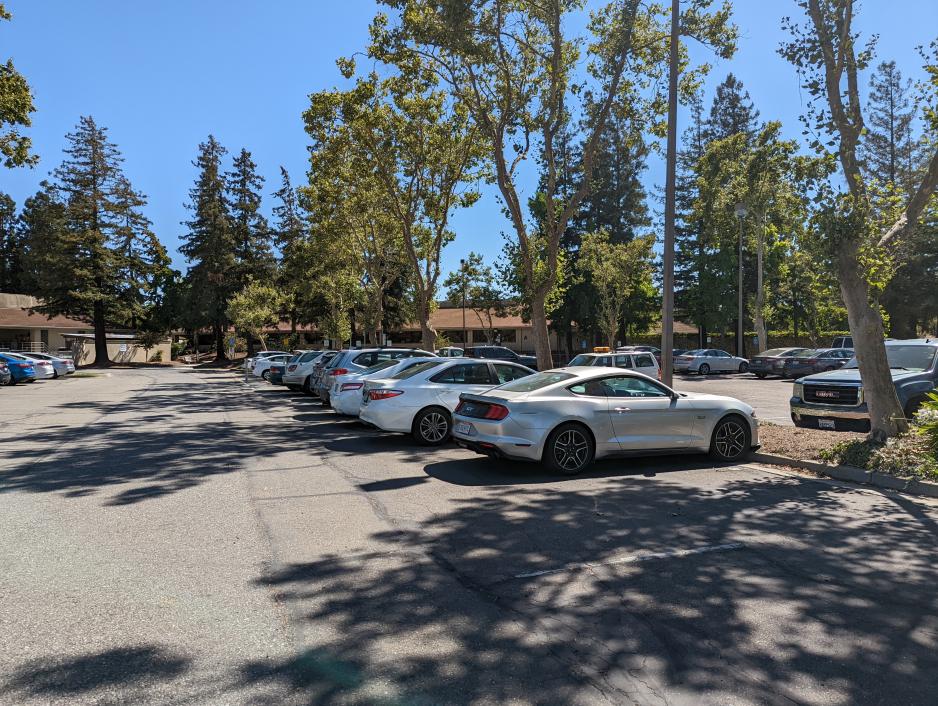Rethinking Parking Requirements: There are new ways to consider how much vehicle parking a city, development, or region should have. Many parking zoning codes err on the side of caution to accommodate vehicles, leaving commercial areas fragmented while creating little opportunity for other modes of transportation to be viable alternatives.
Parking requirements can be adjusted to support a combination of vehicle use and human-scaled development. If implemented correctly, parking can complement rather than detract from a community’s vitality and quality of life.
Flexible Vehicle Parking Standards
Parking standards and regulations should allow for flexibility in parking minimums and/or maximums, shared parking, and the location of parking facilities.
In-Lieu Fees
Implement in-lieu fees for developers and building owners in a defined area as an alternative to meeting requirements for individual private off-street parking.
“Unbundle” Parking Costs
Unbundle parking to sell or rent parking spaces separate from building costs. Unbundling parking costs allows occupants that do not have a vehicle to pay less than someone who does.
Bicycle and Micromobility Device Parking Policy
Provide bicycle and micromobility device parking supply to promote sustainable transportation and reduce vehicle parking footprint.
On-Street Parking Policy
Implement advancements in on-street parking technology to minimize circling, and to provide greater flexibility for inventory while increasing revenue.
Loading Zones
Manage, expand, and diversify loading zones to promote efficient use of curb space to accommodate expanding demand in a post-pandemic environment.
Case Studies
-
Austin, Texas, USA - Downtown
- City of Berkeley, California, USA - Reforming Parking Policies to Support Smart Growth
- San José, California, USA - Parking Strategies
